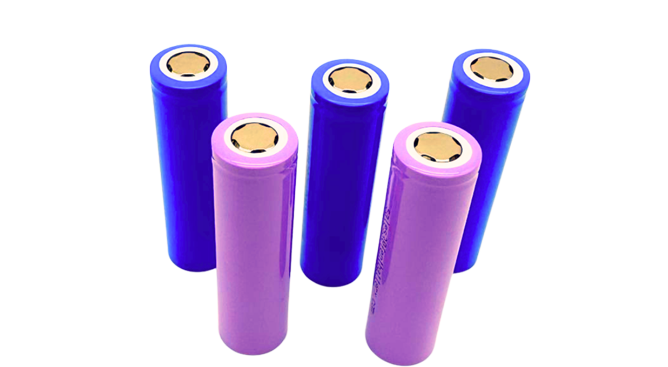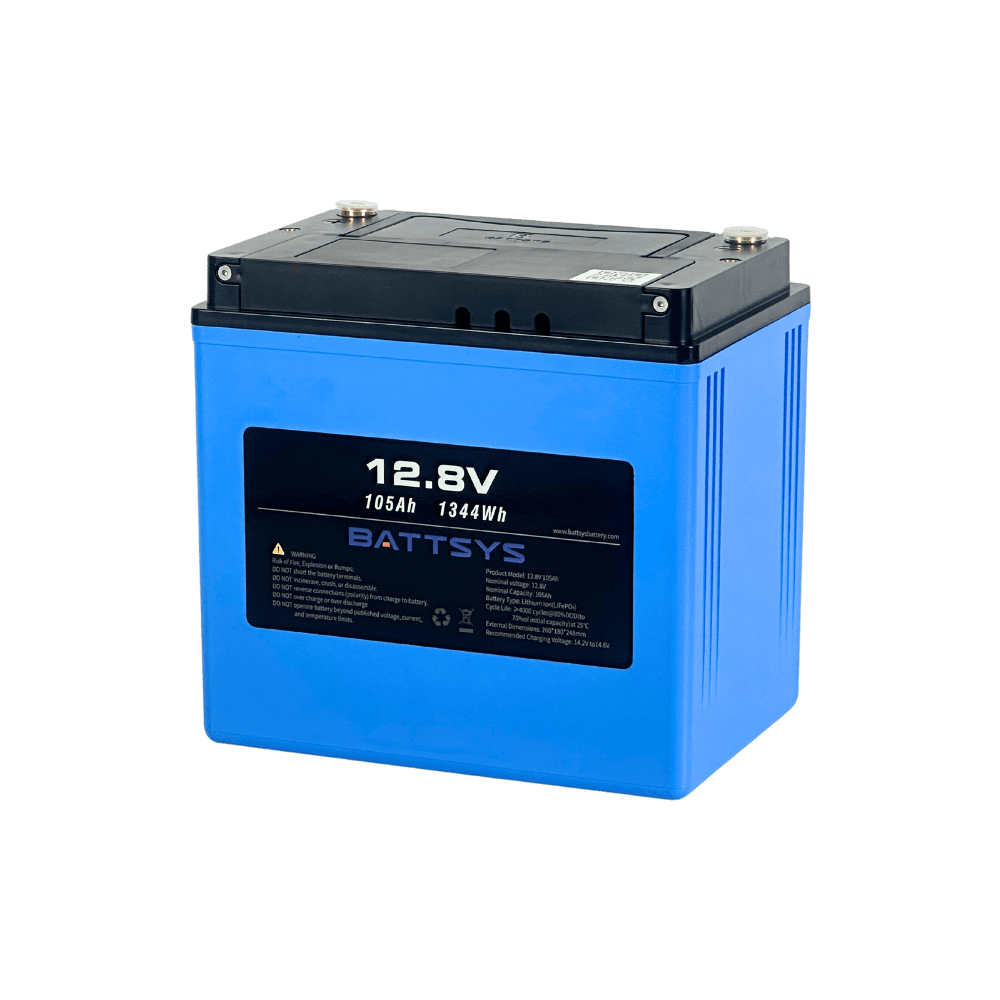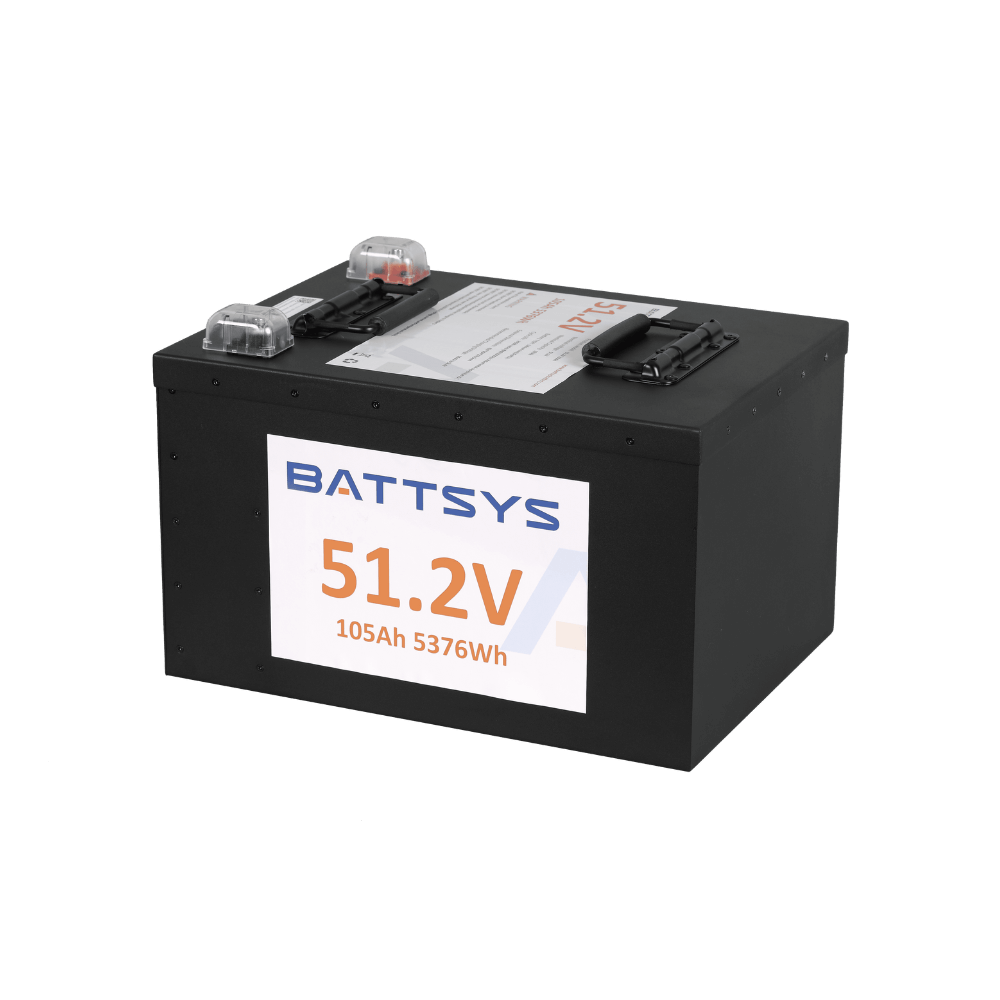Comparison of 18650 lithium batteries and lead-acid batteries in terms of environmental pollution.
1. As we all know, polymer lithium batteries are contaminated. Abandoning batteries should not be done casually. Discarding batteries can cause soil and water to become contaminated and unusable, and the air cannot breathe safely, which can harm the environment and life. Therefore, we must face the high-risk contamination of batteries. Ternary polymer lithium batteries and iron phosphate polymer lithium batteries are widely used as new energy batteries due to their advantages of durability, long lifespan, and no pollution. However, they are like genetically modified hospitals that cannot be easily ignored. When the ternary polymer lithium battery is used up, it should be sent back to the manufacturer for recycling.

This product is indeed a new energy source, claiming to be pollution-free and environmentally friendly. However, it cannot avoid the problem of heavy metal contamination. If it is casually discarded, it will also cause great harm to the land. Anyway, there will still be contamination from polymer lithium batteries, but it's just relatively small. We live on the same earth, and spontaneity must start from ourselves. Moreover, waste batteries cannot be mixed with other types of garbage in daily life and must be disposed of separately. The recycling of waste batteries is no longer a one-day order. Some dry batteries contain heavy metal components, which can be toxic and harmful, causing significant harm to the environment and human health. People need to form an awareness of environmental protection, and everyone should do so in order to have influence and promote the development of related environmental protection industries. Polymer lithium battery manufacturers not only need to pay attention to the treatment of process excrement contamination during the production process, but also need to greatly improve the prevention and control techniques for battery contamination after scrapping.
2. Lead acid battery contamination is mainly caused by the production process, which generates heavy metal wastewater containing lead during coating and battery cleaning. In processes such as grid casting, alloy preparation, lead production, and aluminum powder manufacturing, various lead containing smoke and dust are produced. The important pollutant of lead-acid batteries is lead, so what are the disadvantages of lead contamination? 1) The impact of lead on the nervous system: The human nervous system is the main conduit for health and well-being, and its functional status plays a dominant role in the course of lead poisoning. Lead can impair cognitive function, visual activity, memory, and reaction time;
2) The effect of lead on the hematopoietic system. Lead can affect the metabolism of chlorophyll, which is a byproduct of hemoglobin synthesis. When the body comes into contact with lead poisoning, it affects the conversion of 6-ALA to bilinogen, the conversion of fecal chlorophyll to protoporphyrin, and the synthesis of siderophore from protoporphyrin and ferrous iron. This hinders the formation of hemoglobin and causes lead induced anemia. Lead induced anemia is common in lead workers and children, especially children. In addition, lead also inhibits Na-K-ATPase on the red blood cell membrane and inhibits the pentose phosphate pathway, leading to hemolysis.
3) The impact of lead on the digestive system may cause a series of changes in gastrointestinal function under the action of lead toxicity. Lead can inhibit pancreatic function and increase secretion from salivary and gastric glands; At the same time, lead will bind with hydrogen sulfide in the intestine, causing the hydrophobic hydrogen to lose its ability to promote intestinal peristalsis, leading to stubborn constipation.
4) The impact of lead on other organ systems: Lead can invade the proximal tubules and glomerular cells, increase glomerular filtration rate, hinder renal tubular reabsorption, and in severe cases, lead toxic kidney disease such as nephrogenic hypertension. Lead can inhibit the synthesis of liver confusion function oxidase, leading to impaired liver biotransformation and reduced liver detoxification function. Lead can also affect human reproductive function, causing sperm abnormalities. Maternal lead can affect fetal development, resulting in fetal malformations and significant persecution of human reproduction.

High safety LiFePO4 battery,long cycle life,Fast Charging

High rate Discharge,fast charge,long cycle life

5-year warranty . 3500+ cycles. Charging can last for 8 months.

5-year warranty . 3500+ cycles. Charging can last for 8 months.
E-Mail: inquiry@fentbattery.com
Tel: 0086 20 3901-1403
Address: No.3, Dongli Road, Xili, Dongyong Town, Nansha District, Guangzhou City, China
Copyright@ China lithium ion battery manufacturers & suppliers & producers | Lithium Battery Factory & Company-BATTSYS Sitemap